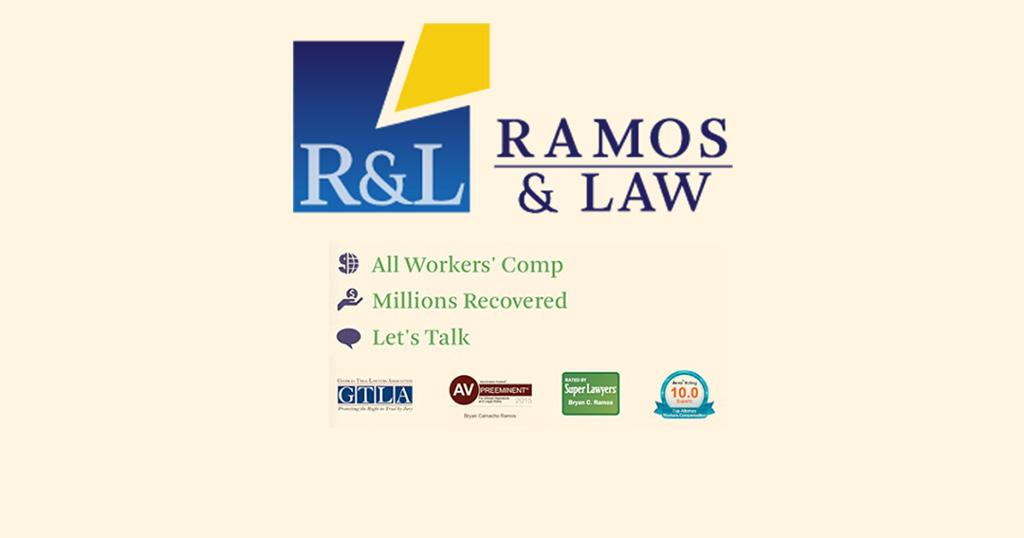
In general, people tend to get nervous when they have to be in a lawyer’s office. When they are in a deposition, it can seem a lot worse as everything you say will be recorded by the court reporter. However, it is a common practice when you file a workers’ compensation claim or lawsuit. The key is being familiar with what is going on and being prepared for what the opposing attorney will ask you. It is like preparing for a school test, but much easier as you already know the material and you can bring in your notes.
Surroundings:
A deposition will not be in “public”. You will not be on stage. However, you will in a room with no less than 3 other people (you, the court reporter, your attorney and the other side’s attorney). You will be placed close to the court reporter if you are being deposed. The rationale behind this is that the court reporter will be recording what you say. This recording will eventually be transcribed into a booklet that will be a part of the trial record. Also, the court reporter will administer the oath to you. This is typically known as “swearing you in.”
Being prepared:
There are a few things you can do to be better prepared for your deposition and to help calm your nerves. Think of the deposition like a formal interview. The attorney taking the deposition will ask you a bunch of questions and it is your job to answer them. In a workers’ compensation setting, you will be asked a lot of questions about your personal life, career history, medical background, and the on-the-job accident. We recommend that our clients write down dates ahead of time and take basic notes to the deposition to refresh their memories. Just know that whatever you bring in may be copied by the other attorney. Also, if you truly don’t know the answer, don’t be afraid to say “I don’t know”, “I’m not sure” or “It was around the early part of [year, month, etc.]”. It is very common. We recommend to our clients not to guess or speculate.
A lot of the same questions you answered during the discovery process will likely be asked again. So you may benefit from reviewing those questions and your responses. For instance, if the other attorney asks you to state the medical providers where you have treated for the past 10 years, you may refer to your prior written answers to refresh your memory. This also works for your job history.
If they ask you to go back 10 – 15 years as to your career history, you may refer to your prior responses and use them to “jog your memory”.
If you have been terminated, they will likely ask you about your search for suitable employment and you may want to have a list to refer back to. They will likely want to know where you applied, what the job description was, and what you were told about the job. They may also ask about any injuries that have occurred since the date of the subject incident. That could be any re-injury of the effected body part or it may be a car accident which caused no harm or harm to a different body part, etc.
Again, a lot of these questions were asked in the discovery phase so reviewing those questions will give you a good idea of what you need to be prepared to answer.
If you’ve suffered an on-the-job injury and need the assistance of an attorney, please contact us today.
